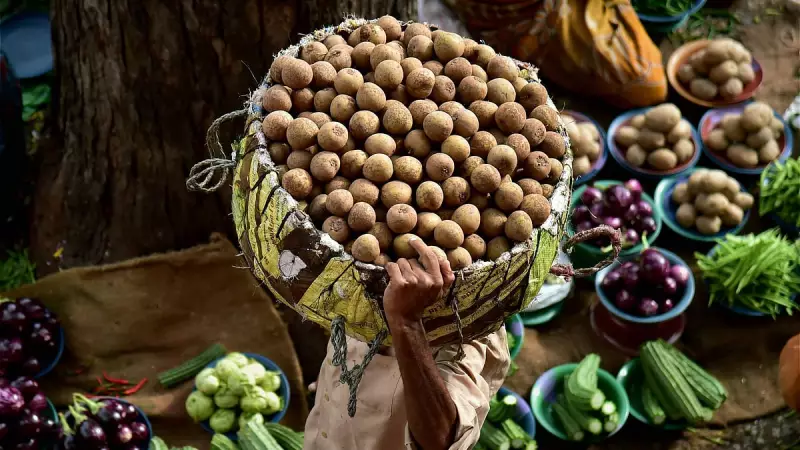
In the bustling tech capital of Bengaluru, an unassuming hero is quietly emerging in the battle against climate change. The humble sapota, commonly known as chikoo, is proving to be much more than just a sweet tropical fruit—it's becoming an environmental game-changer.
The Science Behind Sapota's Climate Superpowers
Recent research has uncovered that sapota trees possess remarkable carbon sequestration capabilities. These sturdy trees absorb significant amounts of carbon dioxide from the atmosphere, making them valuable assets in urban areas grappling with rising pollution levels. Their dense canopy and extensive root system work together to create a natural carbon sink right in our cities.
Bengaluru's Urban Heat Island Solution
As Bengaluru faces increasing temperatures and urban heat island effects, sapota trees offer a natural cooling solution. Their broad leaves provide substantial shade while the transpiration process helps lower ambient temperatures. This dual-action approach makes them particularly valuable in concrete-dominated urban landscapes.
Economic and Environmental Benefits Combined
What makes sapota cultivation particularly attractive is its economic viability. Farmers can harvest multiple crops throughout the year, ensuring steady income while contributing to environmental conservation. The fruit's resilience to varying weather conditions makes it an ideal choice for climate-adaptive agriculture.
Key Advantages of Sapota Cultivation:
- High carbon absorption capacity compared to many other fruit trees
- Low water requirements once established, crucial for water-scarce regions
- Soil conservation properties that prevent erosion
- Biodiversity support by providing habitat for various species
- Year-round income for farmers through multiple harvesting seasons
The Future of Urban Greening
Urban planners and environmentalists are now looking at sapota as a key component in smart city development. Integrating these trees into urban landscapes could significantly contribute to India's climate commitments while enhancing food security and supporting local economies.
As climate change challenges intensify, solutions like sapota cultivation demonstrate how traditional knowledge and modern science can combine to create sustainable futures. This sweet fruit might just hold one of the keys to cooling our warming planet.





